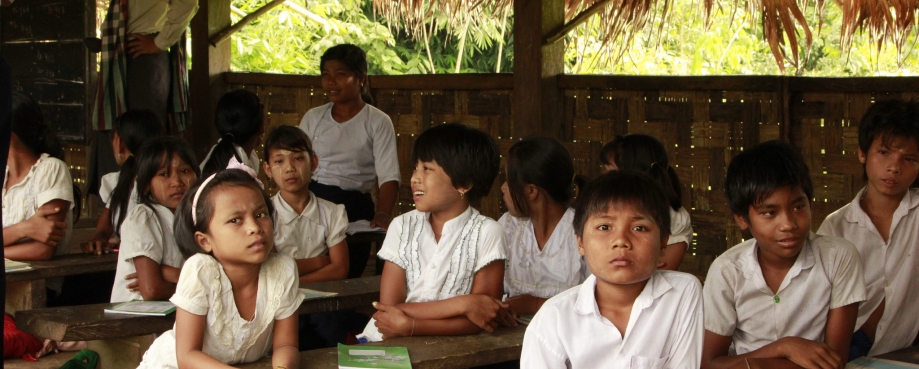
How would you carry out due diligence in a source country where none of the usual audit agencies were operating on the ground and where a minimum wage rate has just been set?
New advanced training course: Human rights due diligence
As I shared at a recent Ethical Insights breakfast at ETI, I turned to UKTI, the ILO and to the Myanmar Centre for Responsible Business (MCRB). I discovered that I had to start with really fundamental questions about the land the factory was actually built on.
I had heard about land disputes but the human impact of it was really brought home to me by a young woman who told me about her family’s land being confiscated 23 years earlier when she was only 7 years old. I could see how hurt and angry she still was that their land had been later sold on at inflated prices. With a metropolitan mindset, we might not appreciate that this land had fed her family for generations and we might underestimate the impact this legacy could have on community relations for years to come.
MCRB put me in touch with influential monks running schools and orphanages at the heart of their communities. I felt very privileged to meet the monks and the dynamic ethnic minority women’s groups that help empower women to take a role in developing their immediate society, and lobby to participate in the peace process on a national level. I was very fortunate to meet the Migrant Workers Association that strives to protect large numbers of Burmese people working abroad, often without papers and with little or no protection.
Through these discussions, I began to see some of the issues which could make the difference for a foreign entrant into Myanmar between a thriving relationship with the community and a troubled one.
Under employment in the regions drives many school leavers to migrate overseas, running the risk of human trafficking, so an enterprise creating job opportunities would be warmly welcomed for its potential to reduce the mass exodus of a whole generation.
EU brands are generally viewed as committed to high ethical standards and therefore readily accepted.
Education is highly prized and the desire to learn vocational skills, alongside cultural and academic ones is unmistakable - therefore an organisation providing training is seen very positively.
The ambition to work hard in order to improve the prospects for the children is pretty much universal, and usually this means parents leaving their young children with grandparents. An organisation which seeks to avoid worker dormitories in favour of family-based accommodation in the community may benefit from a significantly more stable, contented and loyal work force.
The freedom to express ethnic identity is hugely important, and so a business needs to be sensitive to the cultural diversity of its workforce at every level in the organisational structure.
No due diligence would of course be complete without an assessment of the full range of financial, legal and political risks through to the logistics challenges of getting raw materials in and finished goods out of the existing port facilities. These challenges certainly exist in Myanmar, as they do in most emerging sources.
There wasn’t time in the 10 minutes we were allocated in our Ethical Insights breakfast discussion to do justice to these points. Suffice it to say that the 10 year strategy recently published by the Myanmar Garment Association recognises most, if not all of these challenges and identifies the corrective actions with timelines. This mirrors my own experience at a local level of meeting a Chamber of Commerce where the members showed a strong entrepreneurial spirit and a willingness to address weaknesses in the infrastructure via private enterprise.
Myanmar earns its accolade The Golden Land being blessed with:
- a population of 51.5 million, a large percentage of whom are young
- a long coast line of nearly 2000 kms
- rich natural resources
- some of the world’s most beautiful temples
- duty free access to EU
- borders with Thailand, Laos, China, India and Bangladesh
So what can we say are the top 3 things would help us to unlock the potential for cost-effective, high quality garment making in Myanmar?
- Stable volume orders with realistic lead times
- A commitment to delivering skills training to improve productivity and build capacity
- Long term thinking about cost benefit analysis
What are we waiting for?
